The Government turns the screw even further on your reward credit cards
Links on Head for Points may support the site by paying a commission. See here for all partner links.
UPDATE – JULY 2025: This is an old article, and the credit card information given is likely to be out of date.
To learn about current credit card bonuses, benefits, terms and interest rate information, take a look at our directory of the top UK travel credit card offers – please click HERE or use the ‘Credit Cards’ menu above. Thank you.
Keep up to date with new UK credit card bonuses by signing up for our free daily or weekly newsletters.
I have written extensively about the new European Union regulations on credit card interchange fees which came into effect last week.
This article covers the key information.
You could (note, could) have summarised the situation as follows:
- The EU is capping the interchange fee (roughly equivalent to the fee charged to shops) on credit card transactions at 0.3%. Historically this has been around 0.8% for Visa and Mastercard transactions.
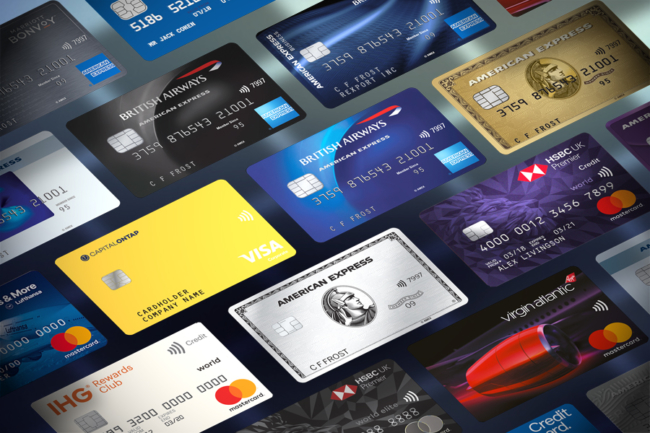
- Debit card transactions are capped at 0.2%
- Only Visa and Mastercard are impacted
- American Express is NOT impacted directly. Additionally – and this is important for our niche – Amex cards issued by MBNA, Lloyds and Barclays are not impacted until 2019.
We have already seen the some major changes in the market:
- Tesco has halved the rewards paid on the Tesco Clubcard MasterCard
- HSBC Premier will halve the miles paid on its card from January
- Many non-travel cards have also changed their reward structures. Some, such as NatWest with Your Points, have abandoned rewards entirely.
Could it get any worse? It just has.
On 8th December, the Payment Systems Regulator (PSR) – the part of the Financial Conduct Authority which oversees the implementation of this law – made an announcement. You can read it here.
American Express cards issued by MBNA, Lloyds and Barclays will NOT get a three year grace period. With immediate effect, the interchange fee on these cards must be cut to 0.3%.
This has come about because the PSR has decided to impose a clause in the rules which exempts any card company with a market share of above 3% from the grace period. American Express has a UK market share of above 3%.
This is, admittedly, just a temporary ban until 31st March when a final ruling will be issued. It is difficult to imagine how the final ruling will be any different, however.
What does this mean for loyalty credit cards?
What it appears to mean is the end of the American Express / Visa or American Express / Mastercard double pack.
As Amex cards issued by third parties are now restricted to the same 0.3% fee as Visa and Mastercard, it is pointless to continue issuing them.
Unless the final ruling in March sees a dramatic turn around, we will presumably see the removal of American Express cards from the BMI, Lufthansa, Lloyds Avios, TSB Avios, Etihad, Emirates, Virgin etc credit card ‘double packs’. This will mean that only the low-paying Visa or Mastercard option will remain.
This ruling has no impact on American Express cards issued directly by Amex
For clarity, Amex cards issued by Amex itself are not, and will never be, impacted by these EU rules.
This means that the British Airways, Starwood, Nectar, Gold, Platinum, Platinum Cashback, Green, Harrods etc cards will continue as they are.
Don’t count your chickens too soon, though. With Visa and Mastercard charge cut to 0.3% from 0.8%, shops are less likely to want to pay the typical Amex charge of 1%+. If Amex is forced to cut its fees to retain key contracts, this will be passed on in the form of lower rewards.
The squeeze on your rewards credit card just got tighter, I’m afraid.
PS. If you are not a regular Head for Points visitor, why not sign up for our FREE weekly or daily newsletters? They are full of the latest Avios, airline, hotel and credit card points news and will help you travel better. To join our 70,000 free subscribers, click the button below or visit this page of the site to find out more. Thank you.
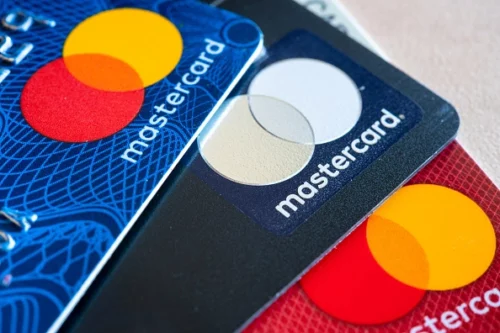
Want to earn more points from credit cards? – July 2025 update
If you are looking to apply for a new credit card, here are our top recommendations based on the current sign-up bonuses.
In 2022, Barclaycard launched two exciting new Barclaycard Avios Mastercard cards with a bonus of up to 25,000 Avios. You can apply here.
You qualify for the bonus on these cards even if you have a British Airways American Express card:

Barclaycard Avios Plus Mastercard
Get 25,000 Avios for signing up and an upgrade voucher at £10,000 Read our full review

Barclaycard Avios Mastercard
Get 5,000 Avios for signing up and an upgrade voucher at £20,000 Read our full review
You can see our full directory of all UK cards which earn airline or hotel points here. Here are the best of the other deals currently available.
SPECIAL OFFER: Until 15th July 2025, the sign-up bonus on the Marriott Bonvoy American Express Card is TRIPLED to 60,000 Marriott Bonvoy points. This would convert into 25,000 Avios or into 40 other airline schemes. It would also get you at least £300 of Marriott hotel stays based on our 0.5p per point low-end valuation. Other T&C apply and remain unchanged. Click here for our full card review and click here to apply.
SPECIAL OFFER: Until 14th August 2025, the sign-up bonus on the Hilton Honors Plus debit card is TRIPLED to 30,000 Hilton Honors points. You will also receive Gold Elite status in Hilton Honors for as long as you hold the card. Click here for our full card review and click here to apply.

American Express Preferred Rewards Gold Credit Card
Your best beginner’s card – 20,000 points, FREE for a year & four airport lounge passes Read our full review

British Airways American Express Premium Plus Card
30,000 Avios and the famous annual Companion Voucher voucher Read our full review

The Platinum Card from American Express
50,000 bonus points and great travel benefits – for a large fee Read our full review
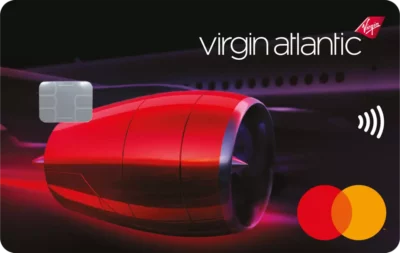
Virgin Atlantic Reward+ Mastercard
18,000 bonus points and 1.5 points for every £1 you spend Read our full review
Earning miles and points from small business cards
If you are a sole trader or run a small company, you may also want to check out these offers:

The American Express Business Platinum Card
50,000 points when you sign-up and an annual £200 Amex Travel credit Read our full review

The American Express Business Gold Card
20,000 points sign-up bonus and FREE for a year Read our full review
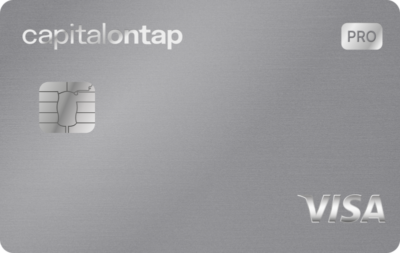
Capital on Tap Pro Visa
10,500 points (=10,500 Avios) plus good benefits Read our full review

Capital on Tap Visa
NO annual fee, NO FX fees and points worth 0.8 Avios per £1 Read our full review
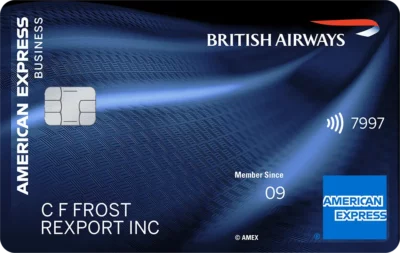
British Airways American Express Accelerating Business Card
30,000 Avios sign-up bonus – plus annual bonuses of up to 30,000 Avios Read our full review



 Rob
Rob 





Comments (74)